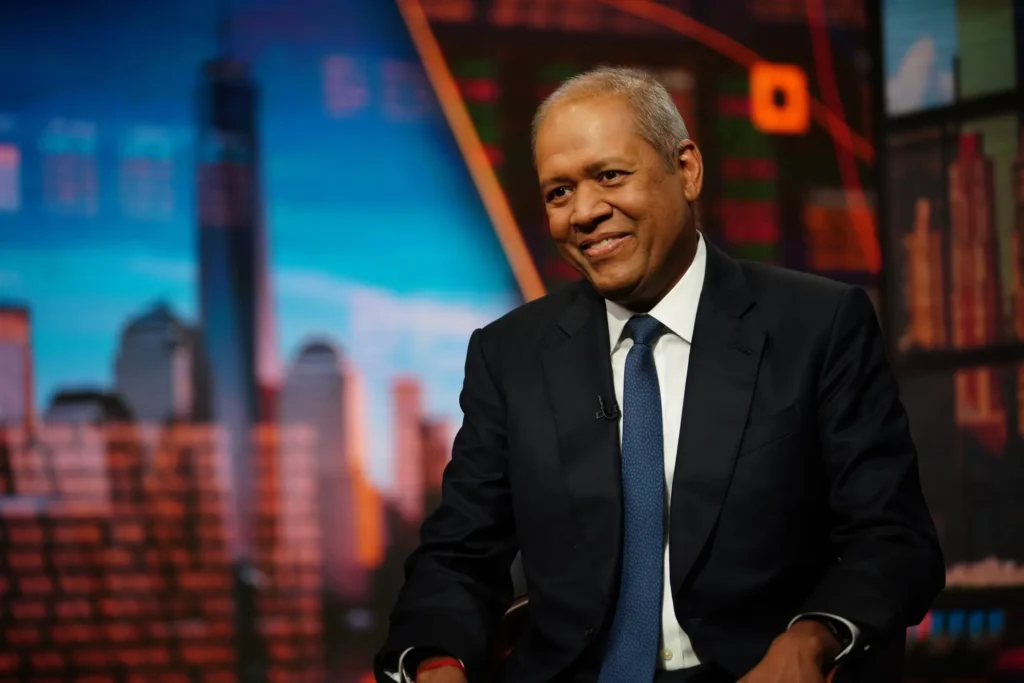LONDON (Realist English). CS Venkatakrishnan, chief executive of Barclays, has urged the UK government to limit wage increases for public sector workers and resist targeting banks with higher taxes as Chancellor Rachel Reeves seeks ways to close a looming fiscal gap.
“We need to curb expenditure at the government level,” Venkatakrishnan told the Financial Times. He warned that rising public sector wages were fueling inflation and said ministers must “find a way to curb wage inflation” across the economy.
His comments echo Reeves’ call earlier this week for ministers to resist union demands for higher pay in order to safeguard her fiscal strategy. Public sector wages, excluding bonuses, are currently growing at an annual rate of 5.7 percent, outpacing private sector growth of 4.8 percent.
Venkatakrishnan also cautioned against increasing the tax burden on lenders, noting that UK banks already face some of the heaviest levies worldwide. “UK banks are taxed more than banks anywhere else, how much more are you going to squeeze this?” he asked.
Bank executives fear the sector’s strong profits, buoyed by higher interest rates, could make it a target in Reeves’ November Budget. Investors have expressed concern she could raise the 8 percent surcharge on bank profits or increase the levy on balance sheets. Shares in leading banks fell in August on speculation of such measures.
Venkatakrishnan said UK banks faced an effective tax rate of 46 percent in 2024, compared with 28 percent in New York and 29–39 percent across the European Union. “London is a great global financial centre and the path to growth does not lie in taxing the sector even more,” he said.
Barclays reported nearly £5.7 billion in UK pre-tax profits last year, paying £1.4 billion in total tax, including £198 million in corporation tax and £154 million for the bank levy. Its shares have risen nearly 75 percent over the past year, in line with a sector-wide rally.
While generally supportive of the Labour government, which came to power in July 2024, Venkatakrishnan has opposed Reeves’ plan to reform ringfencing rules separating retail and investment banking. “No Budget keeps everyone happy, but the object of it is to foster growth in the country,” he said.
The banking sector has welcomed other reforms, including a review of the Financial Conduct Authority’s rule book and changes to the Financial Ombudsman Service. Lenders are also encouraged by the Bank of England’s delay in implementing stricter capital requirements, pending clarity from the Trump administration in Washington.
